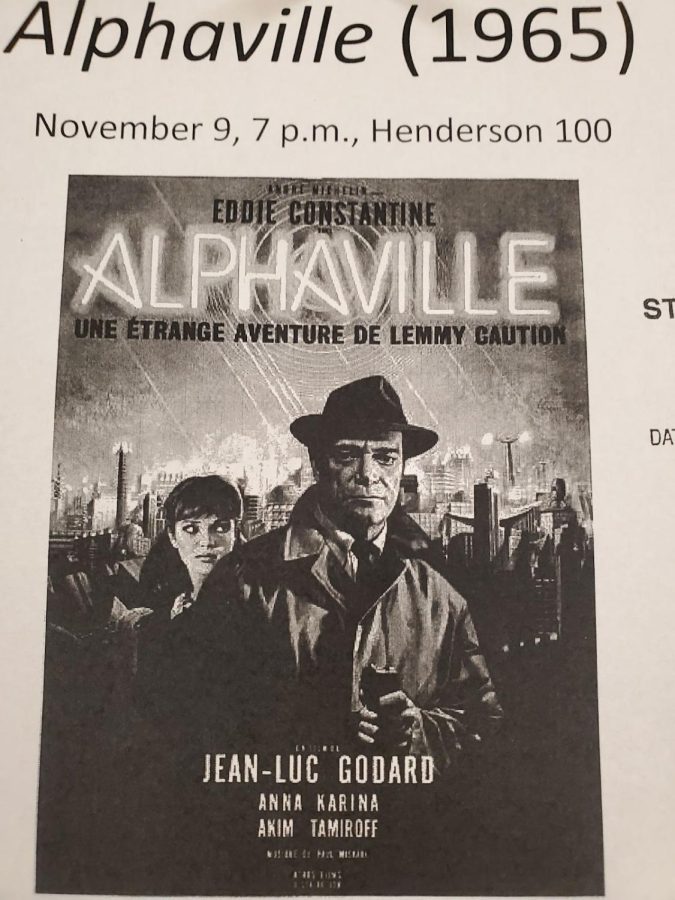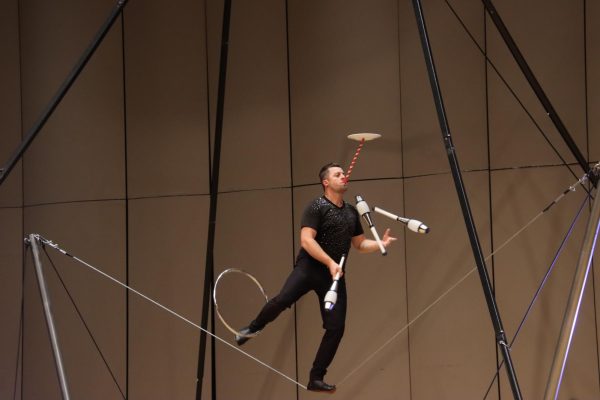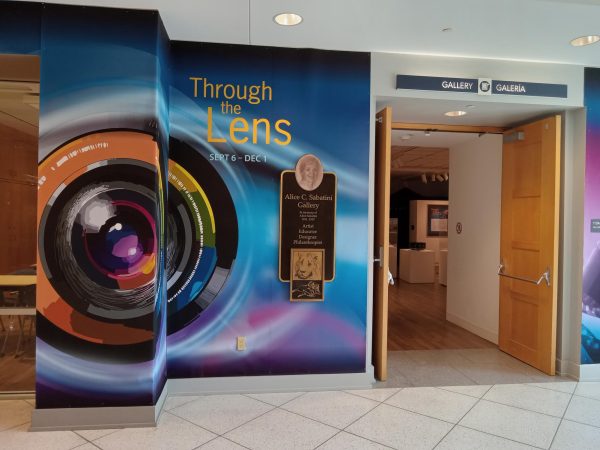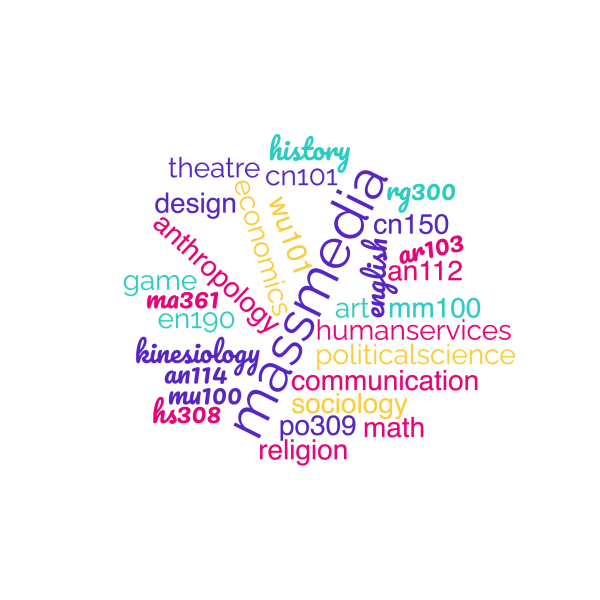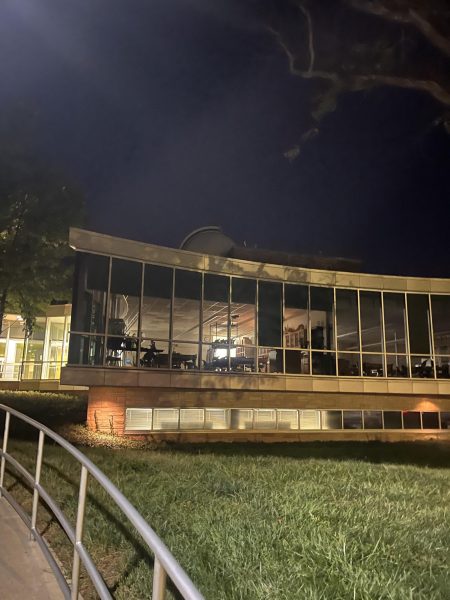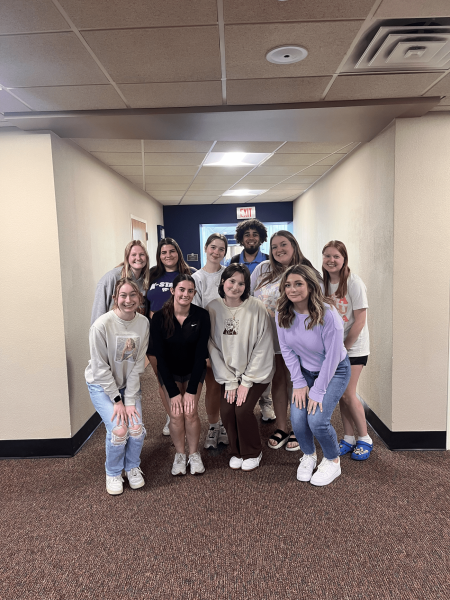WU Phi Alpha Theta hold historical film night
Washburn University’s Phi Alpha Theta hosts a historical film night. The organization showcased the 1965 film “Alphaville” Nov. 9.
Washburn University’s Phi Alpha Theta chapter held a Historical Film Night Wednesday, Nov. 9 at 7:00 p.m. in Henderson Hall.
Every month, Tom Prasch, chair of history and faculty sponsor of the Phi Alpha Theta History Honor Society, holds a movie night for students, faculty and staff alike. This month, the 1965 movie “Alphaville” was chosen in honor of the late Jean-Luc Godard.
Godard was a French-Swiss director and a pioneer of the French New Wave film movement in the late 1950s and early 60s, along with Agnès Varda, Claude Chabrol and François Truffaut. He passed away Sept. 13, 2022 from assisted suicide at the age of 91.
“What Godard loved to do is play with genre,” Prasch said. “In ‘Alphaville,’ he mashes up science fiction and film noir. This is a revolutionary movement in film history.”
“Alphaville” is a 99-minute-long sci-fi noir that takes place in the future and focuses on a secret agent from the Outer Zones who is sent to Alpha 60, a computer that determines all lives in Alphaville. While he is there he is meant to find a missing person and free the city of the evil leaders.
“Bottom line is that Jean-Luc Goddard doesn’t imagine a future that is any different than Paris in 1965,” Prasch said. “There is no futurism in Alphaville; the futurism is exactly how it was in 1965. It’s one of his jokes, I guess. Although unfortunately, Goddard is hopelessly sexist, but if you ignore that, it is quite an interesting movie. Everything is controlled by robots and everyone acts accordingly.”
The Historical Honor Society had a few snacks for viewers to eat while watching the movie, and Henderson Hall Room 100 is large with many places to sit.
“I am a fan of detective shows, so I came here for the film noir aspect of the movie” said Mary Sheldon, former world literature professor. “After seeing it, I believe it is a must-see film. It is intriguing to see how Godard relies on a modern Paris setting to depict his dystopian future, focusing on night-time streets, shadowy modernist glass and concrete buildings.”
“From the film noir perspective, many of Godards images have been extended in later noir, including Nordic noir,” Sheldon said. “For instance, there is a list of emotional words that have been programmed out of the dystopian society.”
Prasch is having another meeting Wednesday, Nov. 16 to talk about the “Seven Mountains Mandate: Christian Nationalism, Evangelical Prophecy and the Rise of Book Banning and Burning.” It will include Alan Bearman, Sean Bird and Jennifer Wiard as guests. This meeting will take place in Henderson room 112.
Edited by: Rakesh Swarnakar and Aja Carter
Your donation will support the student journalists of Washburn University. Your contribution will allow us to purchase equipment and cover our annual website hosting costs.




